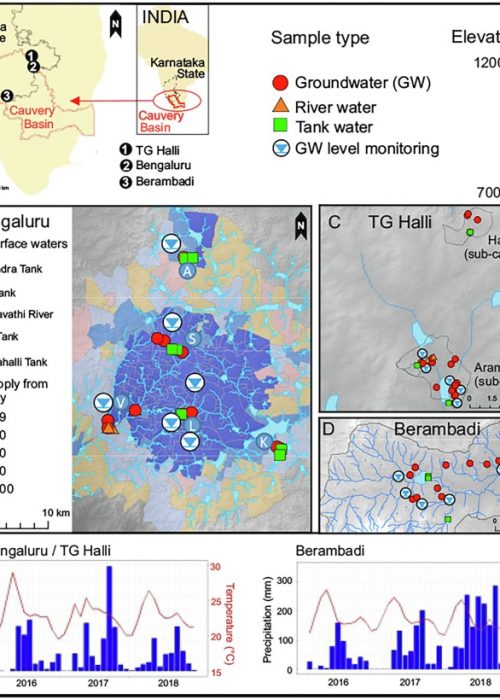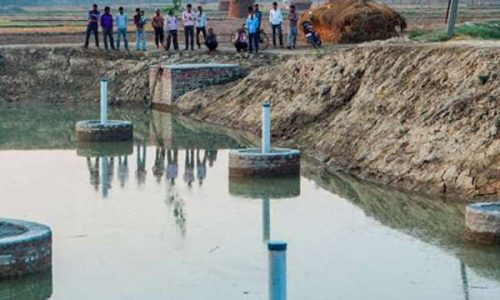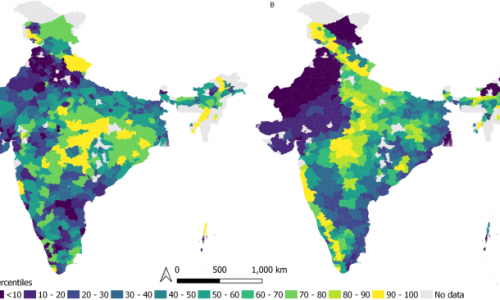Journal of Hydrology X | Volume 15, 1 May, 2022
The majority of India’s rural drinking water supply is sourced from groundwater, which also plays a critical role in irrigated agriculture, supporting the livelihoods of millions of users. However, recent high abstractions are threatening the sustainable use of groundwater, and action is needed to ensure continued supply. Increased managed aquifer recharge (MAR) using the > 200,000 existing tanks (artificially created surface water bodies) is one of the Indian government’s key initiatives to combat declining groundwater levels. However, few studies have directly examined the effectiveness of tank recharge, particularly in the complex fractured hydrogeology of Peninsular India. To address this gap, this study examined the impact of tanks in three crystalline bedrock catchments in Karnataka, southern India, by analysing the isotopic and hydrochemical composition of surface waters and groundwaters, combined with groundwater level observations. The results indicate that tanks have limited impact on regional groundwater recharge and quality in rural areas, where recharge from precipitation and groundwater recycling from irrigation dominate the recharge signal. In the urban setting (Bengaluru), impermeable surfaces increased the relative effect of recharge from point sources such as tanks and rivers, but where present, pipe leakage from public-water-supply accounted for the majority of recharge. Shallow groundwater levels in the inner parts of the city may lead to groundwater discharge to tanks, particularly in the dry season. We conclude that the importance of aquifer recharge from tanks is limited compared to other recharge sources and highly dependent on the specific setting. Additional studies to quantify tank recharge and revisions to the current guidelines for national groundwater recharge estimations, using a less generalised approach, are recommended to avoid over-estimating the role tanks play in groundwater recharge.








